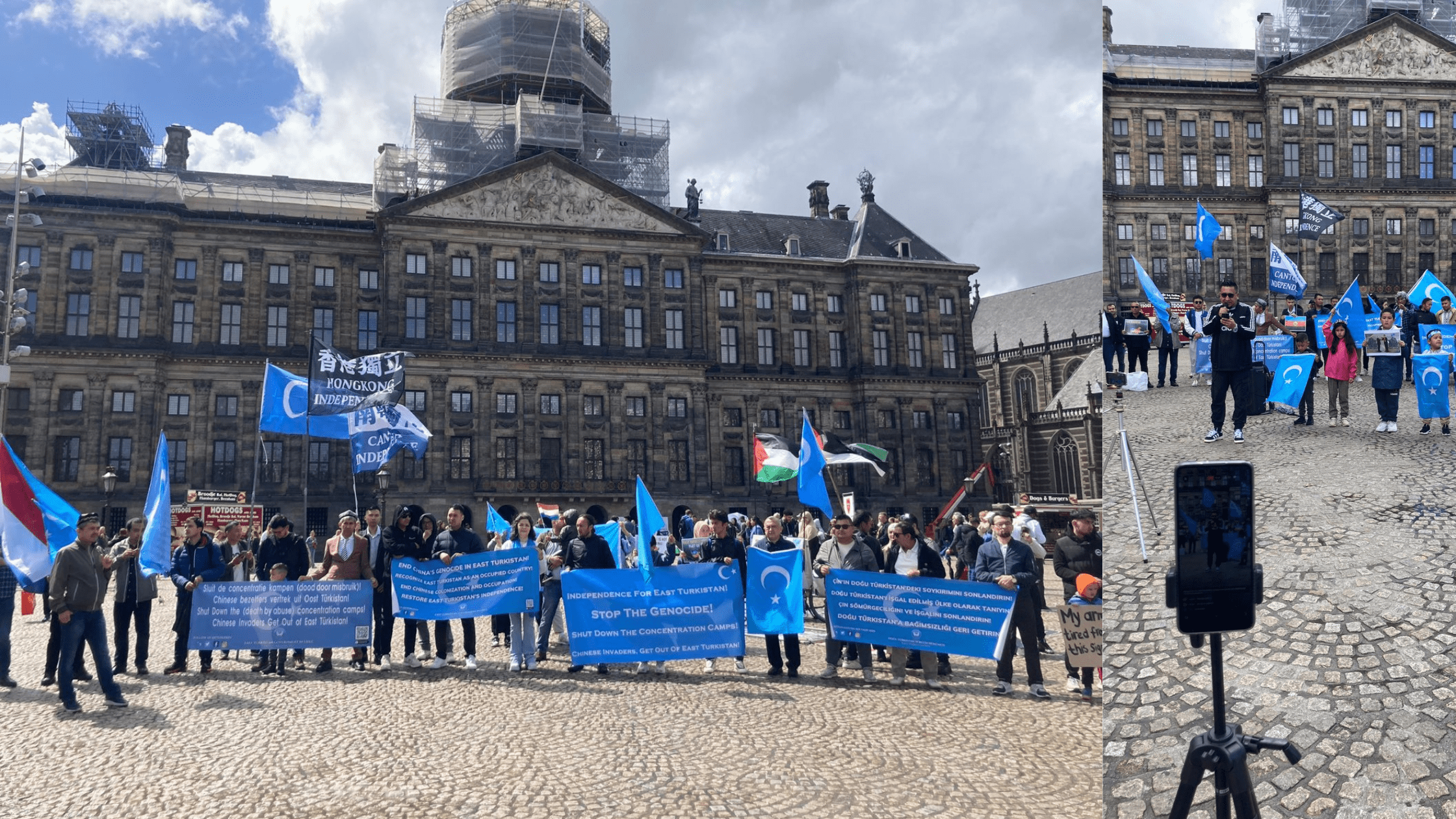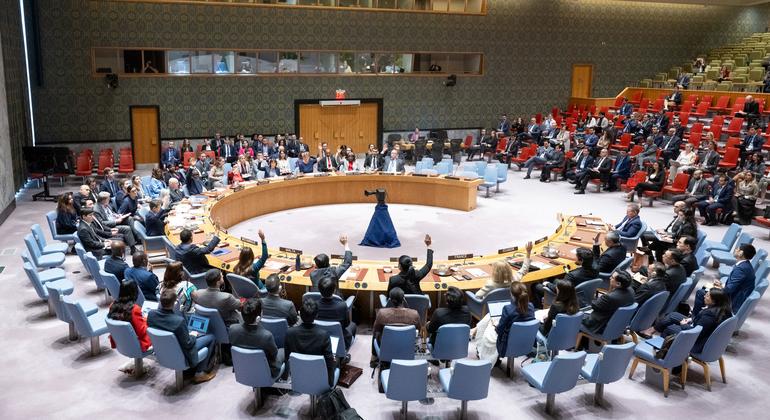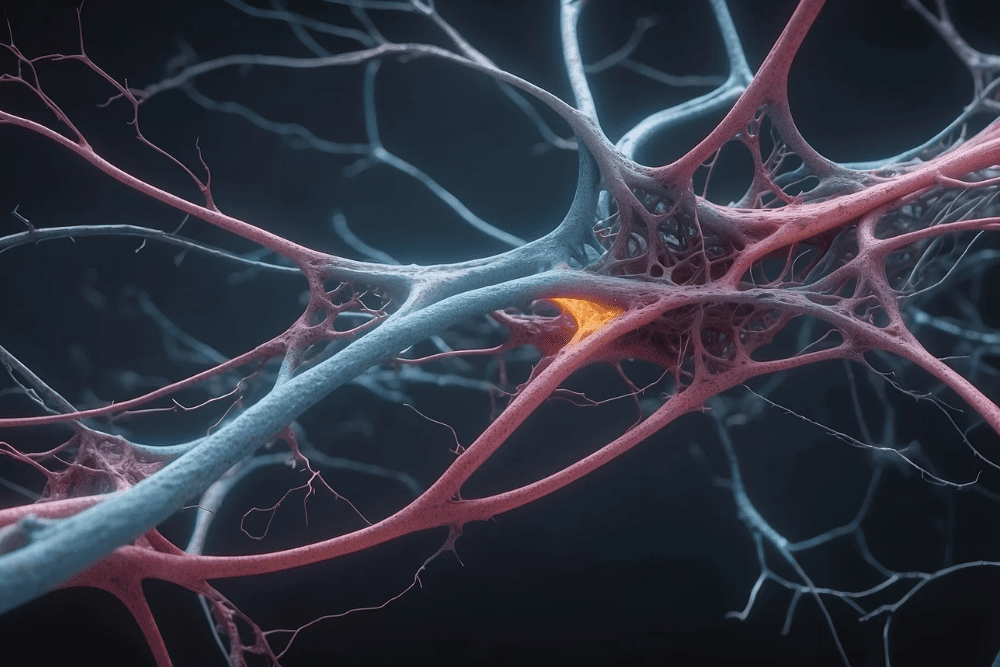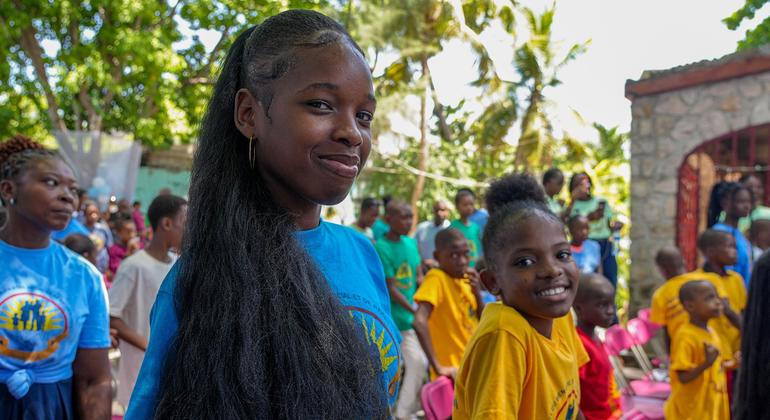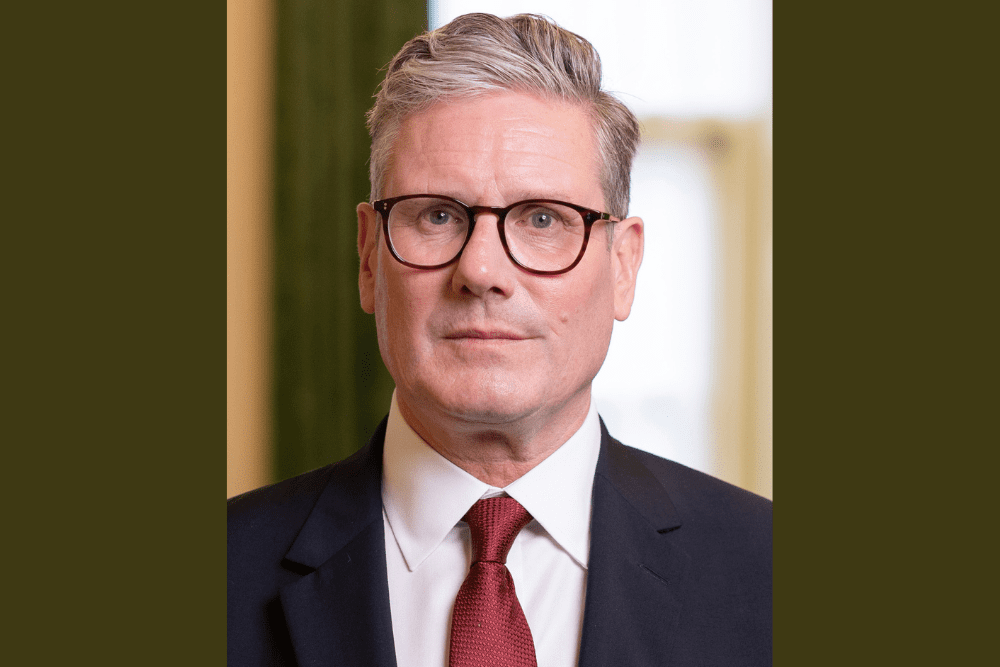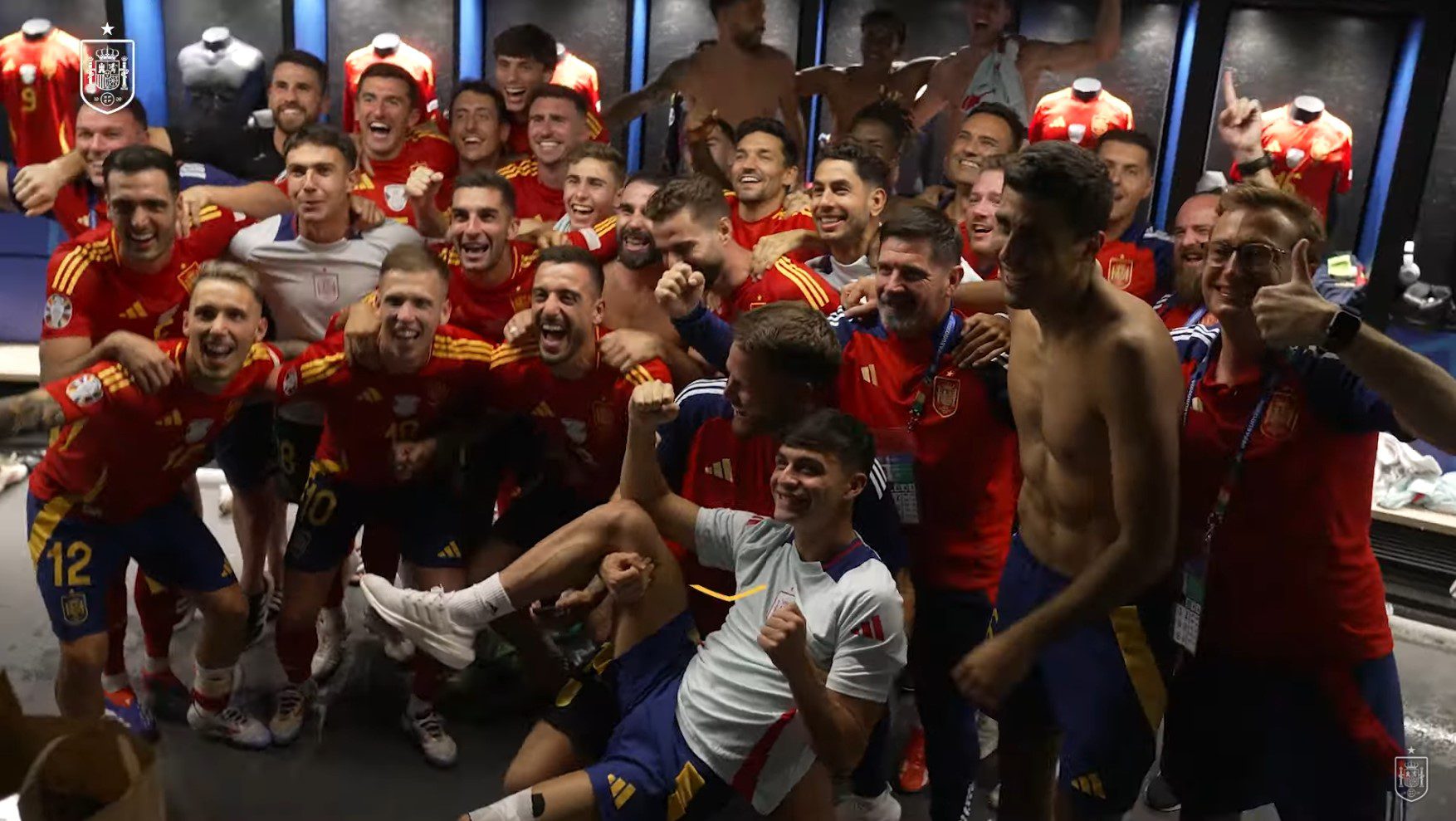The United States-drafted text calls for Hamas to accept a ceasefire proposal announced on 31 May by President Joe Biden that has already been accepted by Israel.
Adopted by a large majority with 14 votes in favour and Russia abstaining – choosing not to exercise its veto power – the resolution also urges both parties to fully implement the terms of the proposal “without delay and without condition.”
Russia’s Permanent Representative told the Council after the vote there was a lack of clarity over what exactly Israel had signed up to in the resolution, leaving too many questions unanswered for Moscow to offer its support.
‘Durable end’ to the war in sight
President Biden described the deal as “not just a ceasefire that would inevitably be fragile and temporary” but one that would provide a “durable end to the war”.
He added that the terms of the deal had been transmitted by Qatar to the leadership of Hamas.
Signaling a hopeful shift in diplomacy, the US-led initiative brought both Israel and the Palestinian mission on board, avoiding the vetoes from permanent members – including the US itself – which have stalled action on several of the resolutions which have failed to pass since the 7 October terror attacks and kidnappings began the cycle of violence.
Three-phase approach
The motion envisages a three phase approach to ensure a lasting and comprehensive end to the fighting.
Phase one includes an “immediate, full, and complete ceasefire with the release of hostages including women, the elderly and the wounded, the return of the remains of some hostages who have been killed, and the exchange of Palestinian prisoners”.
It calls for the withdrawal of Israeli forces from “populated areas” of Gaza, the return of Palestinians to their homes and neighbourhoods throughout the enclave, including in the north, as well as the safe and effective distribution of humanitarian assistance at scale.
Permanent end to hostilities
Phase two would see a permanent end to hostilities “in exchange for the release of all other hostages still in Gaza, and a full withdrawal of Israeli forces from Gaza”.
In phase three, “a major multi-year reconstruction plan for Gaza” would begin and the remains of any deceased hostages still in the Strip would be returned to Israel.
The Council also underlined the proposal’s provision that if negotiations take longer than six weeks for phase one, the ceasefire will continue as long as negotiations continue.
No territorial change
In the resolution, the Security Council rejects any attempt at demographic or territorial change in the Gaza Strip, including any actions that reduce the territory of the enclave.
The text also reiterates the Council’s “unwavering commitment” to the vision of the two-State solution where two democratic States, Israel and Palestine, live side by side in peace within secure and recognized borders consistent with international law and relevant UN resolutions.
“In this regard stresses the importance of unifying the Gaza Strip with the West Bank under the Palestinian Authority,” the resolution added.
Hamas must accept deal: US
The fighting could stop today if Hamas agrees to the deal now endorsed by the Security Council, said US Ambassador Linda Thomas-Greenfield.
Hamas should now see clearly that the international community is united, “united behind a deal that will save lives and help Palestinian civilians in Gaza start to rebuild and heal. United behind a deal that will reunite hostages with their families after eight months in captivity.”
Ambassador Thomas-Greenfield said there was now an opportunity to chart a new course and the US will help ensure that Israel lives up to its obligations, “assuming that Hamas accepts the deal.”
Today is the fourth Security Council resolution making clear that the only way to end the cycle of violence “is through a political settlement”, she added.
Algeria: ‘Palestinian lives matter’
Algerian Ambassador Amar Bendjama said that his compatriots “deeply feel” the suffering of Palestinians and with their own history of struggle against colonial occupation, “fully understand and support” the Palestinian people’s legitimate and just demands.
“As a free and dignified people, the Palestinians will never accept living under occupation. They will never abdicate their fight for liberation,” he said.
Stressing that Algeria’s sole guiding principle has been to save Palestinian lives, he said that his country cannot remain silent in the face of collective punishment against Palestinian people.
“Palestinian lives matter,” he stressed.
He said Algeria voted in favour of the draft because it represents a step towards an immediate and lasting ceasefire. “This text is not perfect, but it offers a glimmer of hope to the Palestinians as the alternative is continued killing and suffering…We voted for this text to give diplomacy a chance”, he added.
“It is time to halt the killing.”
Permanent ceasefire is key: China
China’s Ambassador Fu Cong said they have voted in favour of the resolution but there needs to be a permanent ceasefire which has been at the core of the international community’s concerns.
Ending the bombardment and offensive is also the most pressing need for civilians under fire in Gaza.
He stressed that all Security Council resolutions are binding, and today’s must be no different.
All resolutions have to be implemented in an efficient and constructive way, he added.
Russia: No clarity to ‘so-called deal’
Russian Ambassador and Permanent Representative Vassily Nebenzia said his country had abstained due to several outstanding concerns.
“From the very outset of the military escalation, we have consistently and unwaveringly advocated for the imperative for a permanent ceasefire regime, including in order to release the hostages and remedy the humanitarian situation in the Gaza Strip,” he said.
“We have a whole of host of questions about the American draft resolution, whereby the Council welcomes some deal – the ultimate outlines of which are not known to anyone perhaps except the mediators,” he said.
Although the resolution calls on Hamas to accept the “so called deal” there is no clarity on the official agreement of Israel “as it is written in the resolution.”
Noting the public statements of Israeli leaders indicating that the war would continue until Hamas is completely defeated, he asked “what specifically has Israel agreed to?”
The parameters of this “deal” are “vague” and the Council should not be signing up to it, he added.
Israel: War aims unchanged
The Representative of Israel Reut Shapir Ben Naftaly said her country’s goals have been “very clear” since the first few days following 7 October: “To bring all our hostages back home and to dismantle Hamas’ capabilities…and ensure that Gaza does not pose a threat to Israel in the future”.
“As we have echoed several times in this very chamber, once these goals are met, the war will end,” she added, noting that 120 hostages remain in captivity and that Hamas continues firing rockets at Israeli towns and cities.
She called for more pressure on Hamas, stating that although three resolutions have been adopted by the Security Council calling for hostages to be released, none have been freed as a result.
“The pressure on the terrorists should have begun long ago but it is still not too late, it must begin now,” she added.
“We will continue until all of the hostages are returned and until Hamas’ military and governing capabilities are dismantled,” she said.
“Israel will not engage in meaningless and endless negotiations which can be exploited by Hamas as a means to stall for time,” she added.




